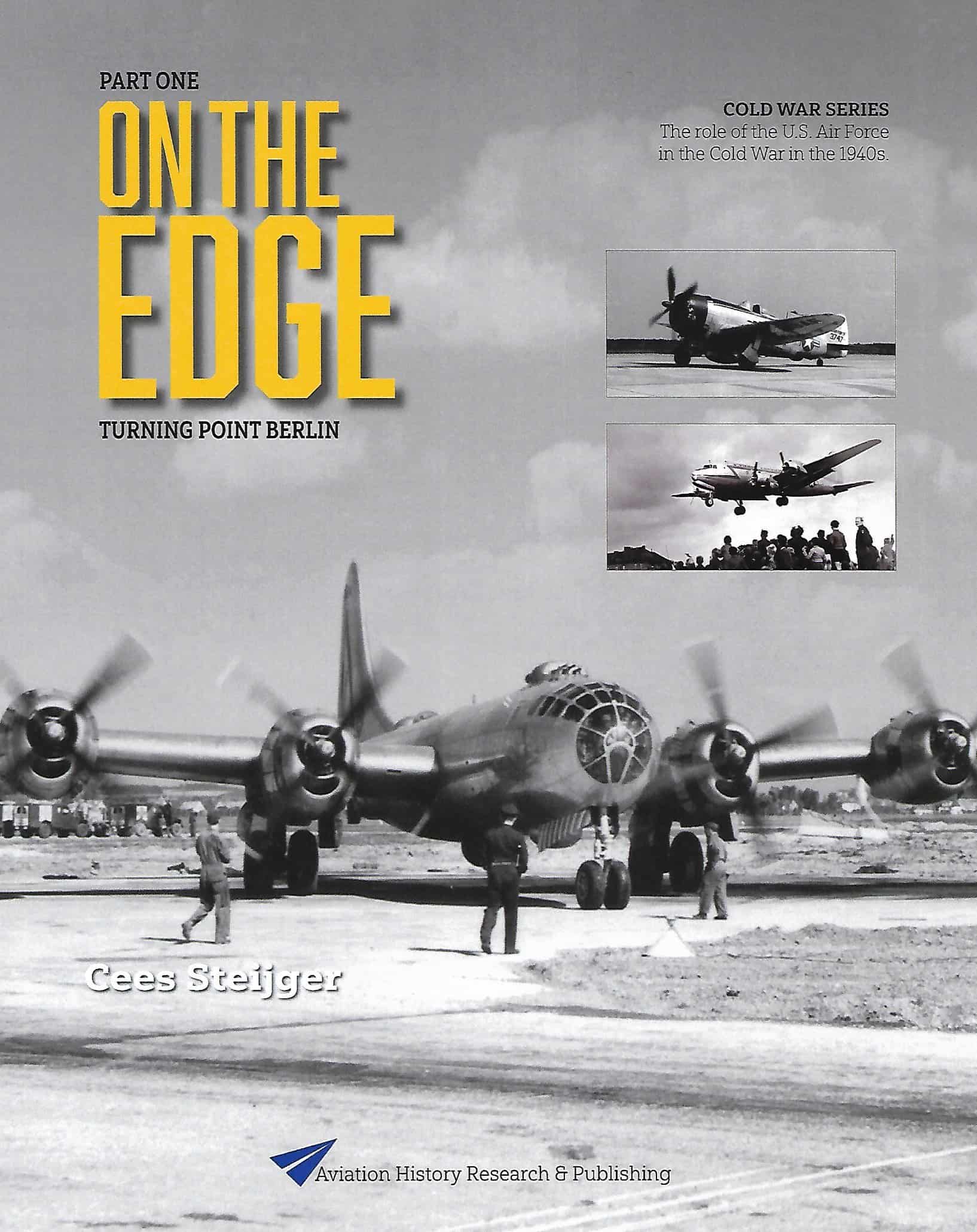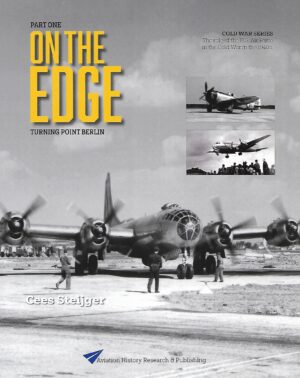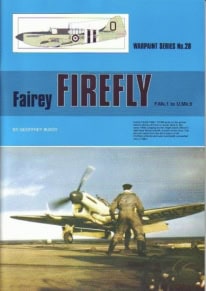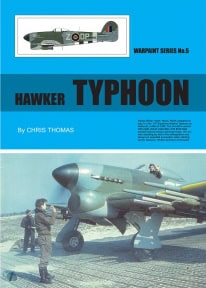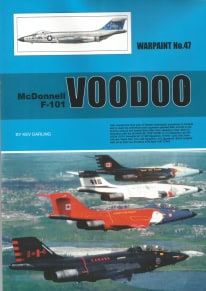Description
During the postwar era, the Soviet Union emerged as America’s sole threat, rendering the U.S. Army and Navy impotent against its vast military power. The anticipation of war stemmed from a potential Soviet invasion of Western Europe, supported by the Soviet Union’s substantial military capabilities. Acknowledging the impossibility of stopping the Soviet Union in a conventional war, the U.S. developed a series of war plans outlining scenarios of massive nuclear retaliation. The U.S. Joint Chiefs of Staff released the war plan Pincher in June 1946, calling for land and sea forces to retreat before a Soviet offensive. Simultaneously, the Army Air Forces would drop atomic bombs on twenty Soviet industrial, government, and military centers from bases mainly in England. After strategic bombing damaged the Soviet Union, U.S. forces would be mobilized for a counteroffensive. In August 1947, the war plan Broiler reflected an increasing reliance on the atomic bomb, hoping the nuclear air offensive would stabilize the war in the first six months and possibly convince the Soviets to surrender. However, these plans remained theoretical due to the inadequacy of the U.S. atomic stockpile. The Strategic Air Command (SAC), reliant on B-29s, faced limitations. Because of the B-29’s limited range, SAC depended on overseas bases. Additionally, only a single group was able to deliver the atomic bomb. Soviet awareness of American shortcomings prompted their expansion in Eastern Europe and escalated the discord among the Allies over Berlin. The Soviet blockade of Berlin in July 1948 and the Western reaction marked a turning point in the Cold War. Cees Steijger explores the circumstances that brought the world close to a third world war. Throughout the Cold War, humanity lived on the edge of collapse, narrowly avoiding apocalypse multiple times.
